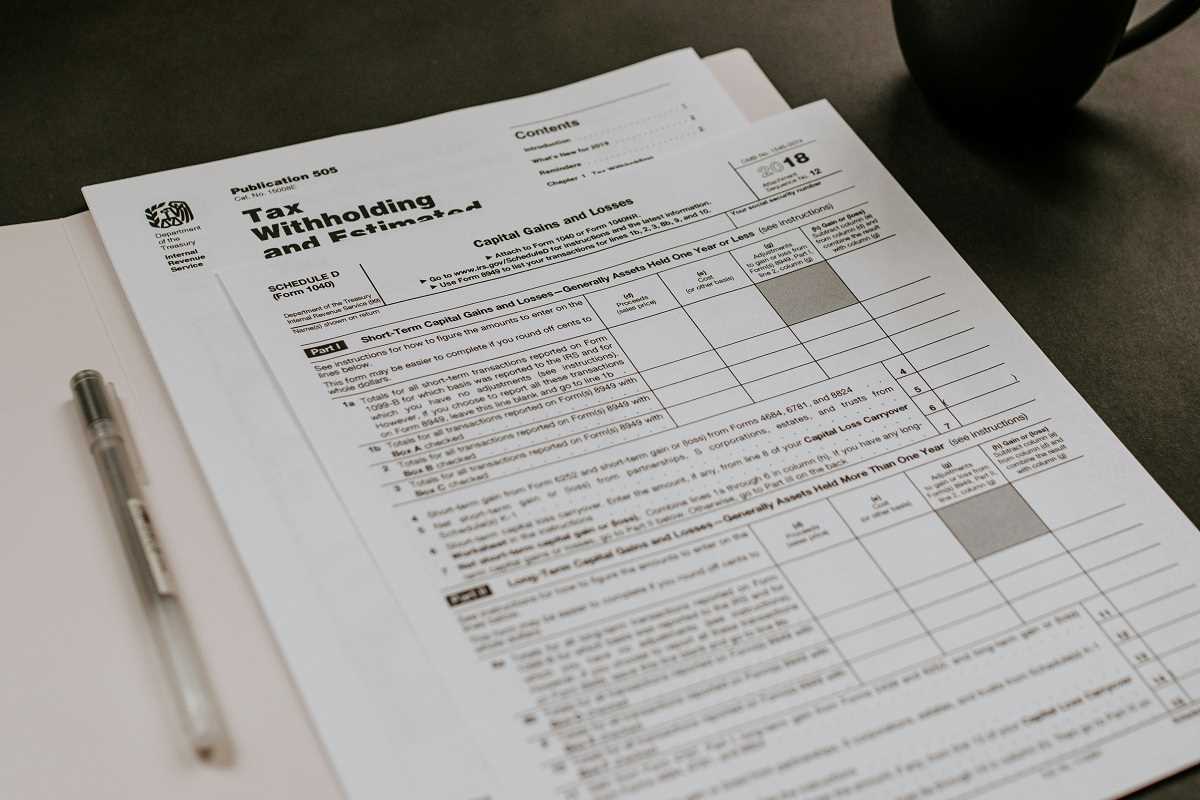Taxes can be a daunting aspect of running a small business, but the good news is that there are many things you can do to lighten the burden and keep more money in your pocket. From maximizing deductions to leveraging industry-specific tax breaks, a little extra knowledge can make a big difference come tax season. Here are unique and actionable tips to help your small business stay tax-savvy and financially healthy.
1. Take Advantage of All Eligible Deductions
Deductions can significantly lower your taxable income, but only if you know what qualifies. Beyond the common deductions like office expenses and vehicle costs, there are some deductions that small businesses often overlook, including:
- Home Office Deduction: If you work from home, you may be able to deduct costs like rent, utilities, and internet for the portion of your home used exclusively for business. The IRS offers a simplified method, which allows $5 per square foot up to 300 square feet.
- Professional Development: Expenses like workshops, online courses, and industry conferences related to your business can be deducted.
- Startup Costs: If your business is relatively new, you can deduct up to $5,000 in startup costs, from market research to legal fees.
By identifying even small expenses, you can reduce the amount of income subject to tax and improve your business’s cash flow.
2. Don’t Overlook Tax Credits
Unlike deductions, which reduce your taxable income, tax credits directly reduce the taxes you owe. Certain credits are tailored to small businesses and can lead to substantial savings. Consider looking into these options:
- Work Opportunity Tax Credit (WOTC): If you hire employees from certain groups that face barriers to employment (such as veterans or long-term unemployment recipients), you might qualify for this credit.
- Disabled Access Credit: If your business makes accommodations to improve accessibility for people with disabilities, you could claim a credit to offset some of those expenses.
- Energy Efficiency Tax Credits: If you’ve invested in sustainable improvements, such as solar panel installation or energy-efficient upgrades, you may qualify for energy tax credits.
These credits not only reduce your immediate tax bill but also can help offset costs that are already an investment in your business’s growth or compliance with regulations.
3. Keep Impeccable Records
There’s a reason why every tax expert emphasizes record-keeping. Detailed and accurate documentation is your best defense in case of an audit and can ensure you’re fully prepared to claim all the deductions and credits you’re entitled to.
- Save receipts for every business-related purchase, from coffee meetings to high-dollar equipment.
- Maintain a log for business miles if you drive for work purposes, as the IRS allows a standard deduction for mileage.
- Go beyond just saving receipts—organize them. Software like QuickBooks or Xero can help you track, categorize, and store your financial records digitally.
Consistency in record-keeping not only simplifies tax preparation but also can give you a clearer picture of your financial health year-round.
4. Don’t Ignore Retirement Plans
Small businesses often neglect retirement planning because it may seem like more of a personal expense, but the IRS has structured plans specifically to benefit business owners. Contributions to these plans are tax-deductible and can reduce what you owe each year.
- Simplified Employee Pension (SEP) IRA: A SEP IRA is ideal for solopreneurs or businesses without many employees. You can deduct contributions made to your plan and your employees’ plans.
- SIMPLE IRA: This plan is great for businesses with up to 100 employees, allowing both employer and employee contributions with possible tax breaks for your contributions.
- Solo 401(k): Perfect for self-employed individuals or spouses working together, this tool lets you contribute as both an employer and employee.
Using retirement plans not only helps you save for the future but also reduces your taxable income in the current year.
5. Understand Industry-Specific Tax Breaks
Each industry comes with unique expenses, and the IRS offers deductions tailored to support those costs. For example:
- Restaurants and Food Service: The cost of meals you provide for employees working late hours can often be deducted.
- Construction and Real Estate: Depreciation on heavy equipment is a common tax break for industries requiring costly machinery.
- Freelancers and Creatives: Software subscriptions like Adobe Creative Suite or Canva are deductible, as well as expenses for advertising and self-promotion.
Research your industry to find out what unique deductions apply to businesses like yours—it’s an easy way to maximize savings many small business owners miss.
6. Pay Attention to Estimated Taxes
If you’re a small business owner, you’re likely expected to pay estimated taxes quarterly. Missing those deadlines can lead to underpayment penalties, which add an unnecessary expense to your tax obligations.
To avoid this:
- Calculate your expected income and expenses for the year.
- Pay taxes quarterly using IRS Form 1040-ES or your state’s equivalent.
- Use accounting software or seek professional help to stay on top of due dates.
Staying proactive with estimated taxes helps you avoid penalties and ensures you don’t get hit with a massive bill at year’s end.
7. Leverage Accounting Software
Modern accounting software goes far beyond just organizing your receipts. Tools like FreshBooks, QuickBooks, and Wave can help you:
- Track expenses in real time and categorize them accordingly.
- Monitor cash flow to ensure funds are allocated for estimated taxes or quarterly payments.
- Generate reports and tax summaries that simplify filing.
Not only do these tools save time, but they also lower the risk of error, giving you peace of mind at tax time.
8. Consult a Tax Professional
Even if you pride yourself on running a tight ship, the complexities of tax law make it worthwhile to consult with a professional. A Certified Public Accountant (CPA) or tax attorney can:
- Find deductions and credits you might have missed.
- Help you structure your business (e.g., as an LLC or S-Corp) for optimal tax benefits.
- Offer advice specific to current tax regulations or deductions that might apply particularly to your business.
Professional advice is invaluable, especially when significant changes (like hiring employees or investing in equipment) occur within your business.
Tax preparation doesn’t have to be a headache. By taking advantage of deductions, credits, retirement planning, and tools like accounting software, you can minimize your tax liability and maximize profitability. Small businesses keep the economy thriving, and understanding how to manage taxes effectively is key to ensuring long-term success.
 (Image via
(Image via





